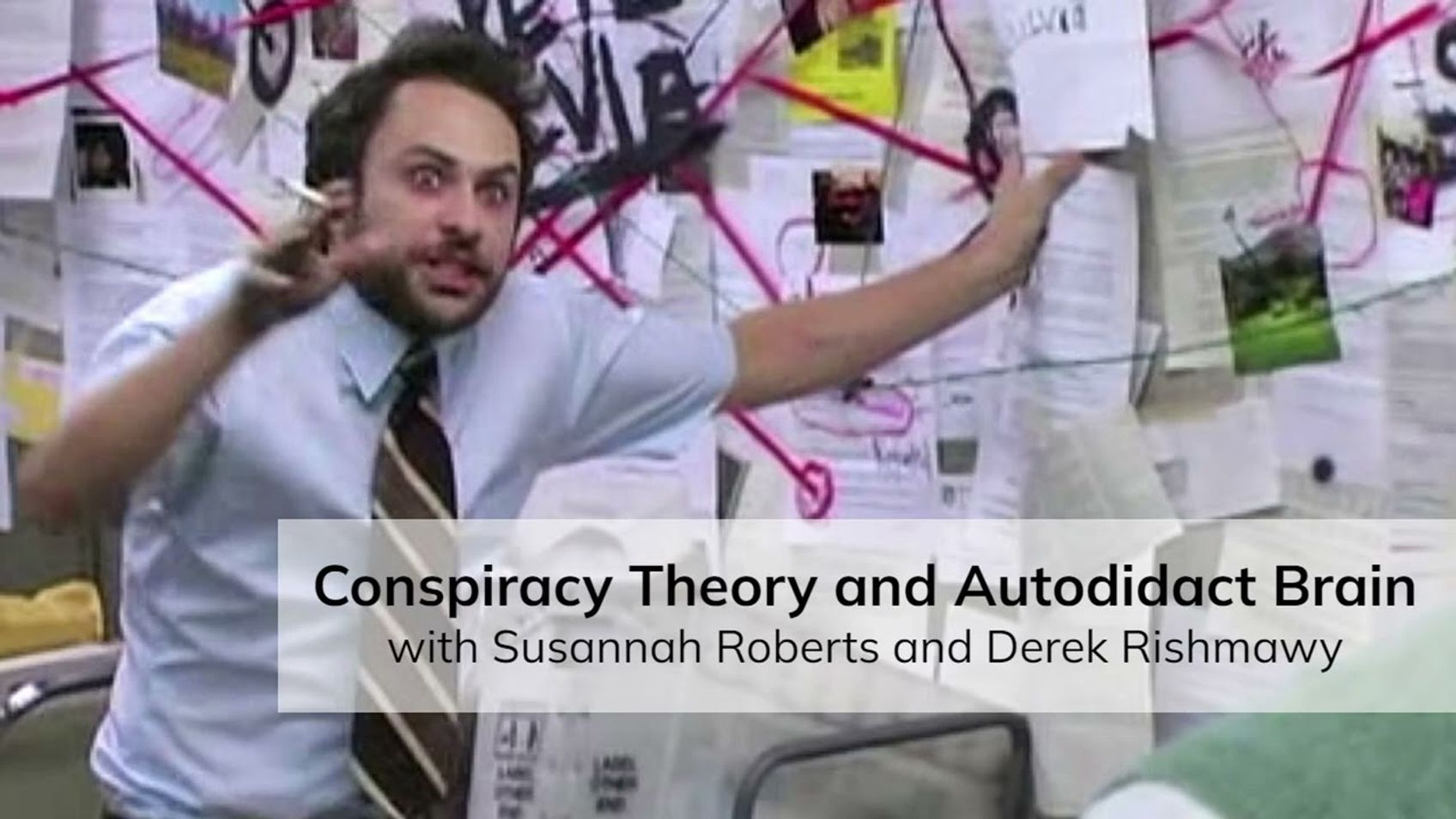Conspiracy Theory and Autodidact Brain (with Susannah Roberts and Derek Rishmawy)

The journalist and writer Naomi Wolf recently posted on Twitter about her reading of a New Testament interlinear: https://twitter.com/naomirwolf/status/1780385997416497153. Susannah thought it provided a good occasion for a discussion of conspiracy theories and 'autodidact brain' and invited Derek Rishmawy to have a conversation with us.
If you have enjoyed my videos and podcasts, please tell your friends. If you are interested in supporting my videos and podcasts and my research more generally, please consider supporting my work on Patreon (https://www.patreon.com/zugzwanged), using my PayPal account (https://bit.ly/2RLaUcB), or by buying books for my research on Amazon (https://www.amazon.co.uk/hz/wishlist/ls/36WVSWCK4X33O?ref_=wl_share).
The audio of all of my videos is available on my Soundcloud account: https://soundcloud.com/alastairadversaria. You can also listen to the audio of these episodes on iTunes: https://itunes.apple.com/gb/podcast/alastairs-adversaria/id1416351035?mt=2.
More From Alastair Roberts
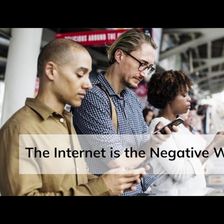
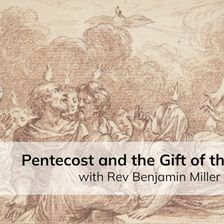
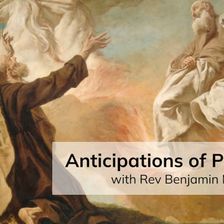
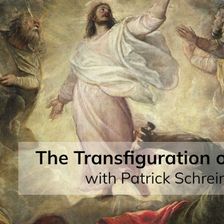
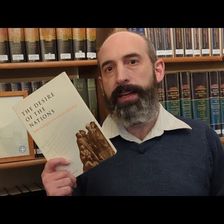
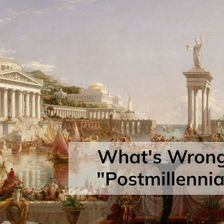
More on OpenTheo















